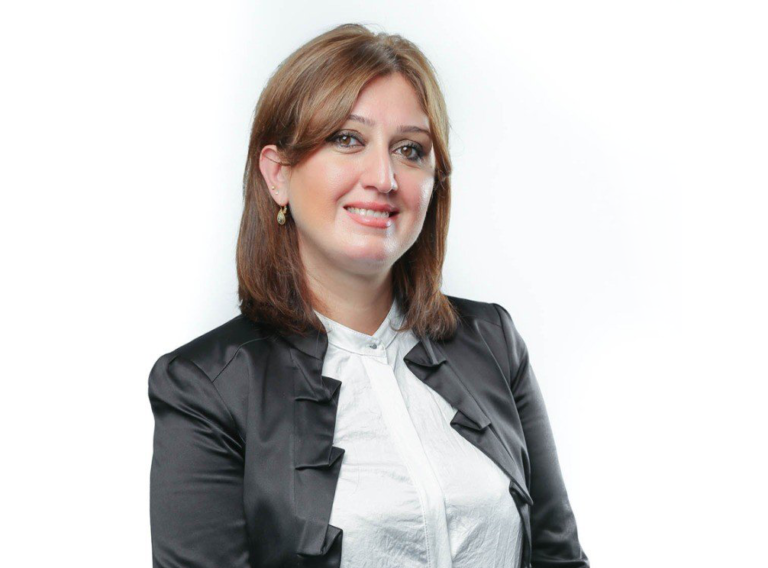Communication and Presentation Skills
A unique teaching style tailored for both on-camera presentations and audience interaction, essential for achieving success in today’s media landscape.
- Public Speaking and Audience Interaction: Learn how to convey your ideas and influence your audience effectively.
- Self-Presentation and Branding: Discover how to build a personal brand that supports your career growth in the media industry.
- Enhancing Public Speaking Skills: Master communication techniques, establish effective connections with your audience, create emotional impact, and implement strategies for powerful influence.

Maka Darsavelidze
LECTURER
A communication professional, Ph.D., and lecturer at the University of Georgia, with 20 years of experience encompassing strategic communications, management, international relations, media relations, business development, and academic teaching.

